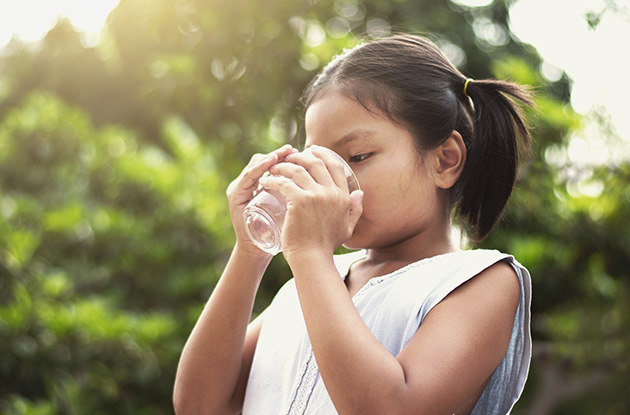
New Beverage Guidelines Detail Exactly What Kids Should and Should Not Be Drinking
Spoiler alert: water should be paramount–and try to avoid fruit juice.
Get the Best Family Activities
For kids ages 2-5, stick to water and milk. Swap lower-fat milks such as skim or 1% for whole milk–kids don’t need full fat anymore. If you choose to give your child fruit juice, again, make sure it’s a small amount. HER recommends cutting juice with water to make a little go a long way.
For more information on beverage guidelines, as well as other research reports and findings about kids’ nutrition, visit the HER website.
RELATED: Keep up with kids' health news!



.jpg)


